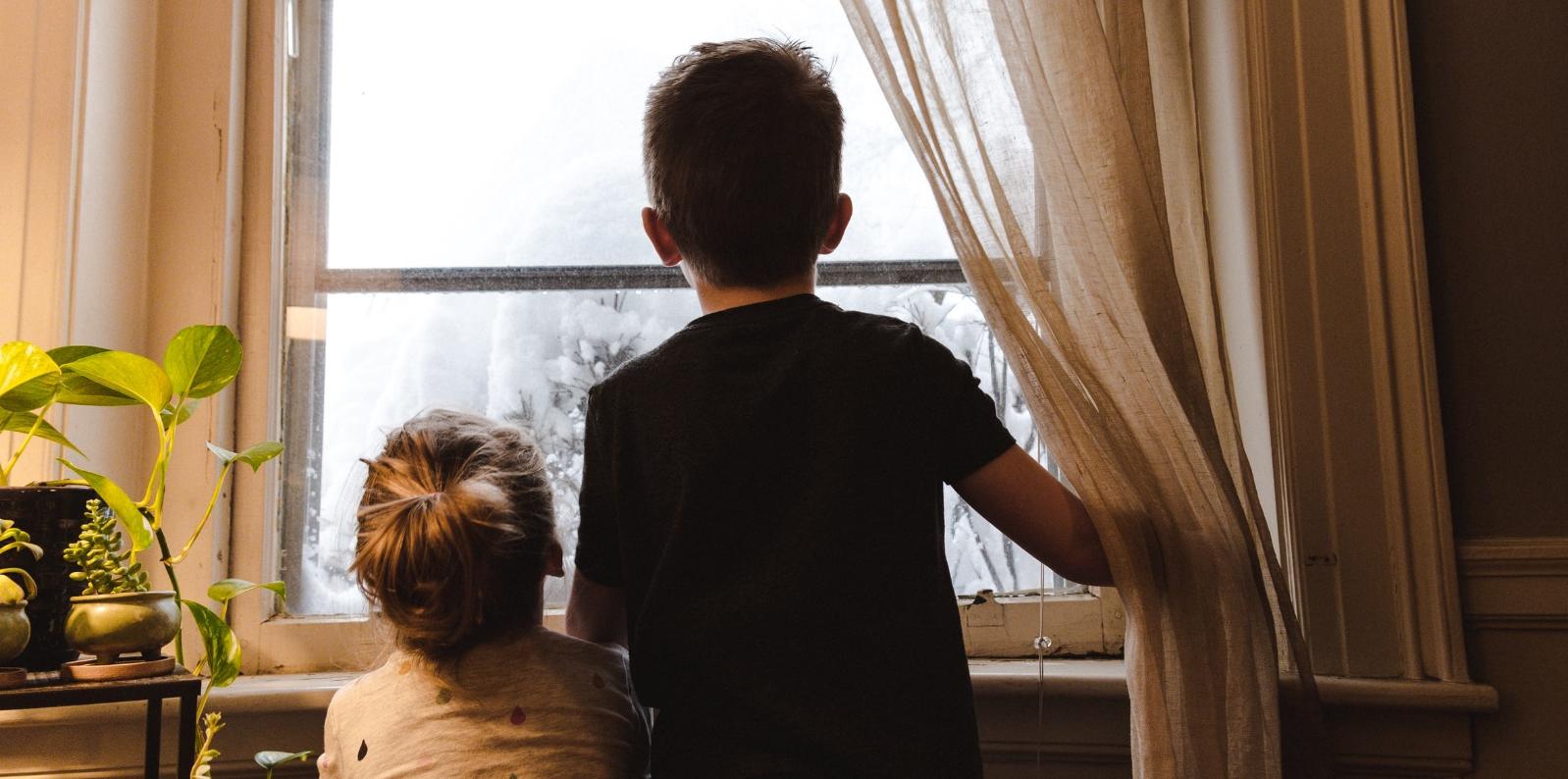Queen’s study finds autistic young people’s rights were undermined during the COVID-19 lockdowns
A study from Queen’s has found that autistic young people’s rights were undermined across education, development, health, play, rest and leisure during the COVID-19 pandemic.

The research explored autistic young people’s experiences of their rights during lockdown – through their own perceptions and voices, highlighting how government decisions relating to the pandemic disproportionately impacted upon them and failed to effectively respect their rights.
The research was led by Dr Bronagh Byrne, from the School of Social Sciences, Education and Social Work at Queen’s, and Dr Gillian O’Hagan, Associate Lecturer at St Mary’s University College Belfast and Researcher at Queen’s, and is the first published study to directly and specifically involve autistic children both as research advisors and as research participants in a rights-based participatory study relating to the pandemic.
Speaking about the research, Dr Byrne said: “This study has enabled the young autistic experts to convey their experiences and concerns and has produced useful, rights-based authentic knowledge and understanding that can guide future provisions for autistic students during times of crisis or emergency.”
Working with nine autistic young people (aged 11-18) in total across Northern Ireland, the research team used a method called Photovoice, that required only a basic knowledge of photography using mobile phones, which the young people used to document their lives through pictures over a six week period during lockdown.
Some of the key findings include:
- The participants worried about what was going to happen and how long the pandemic was going to last. They reported feeling ‘low’, ‘depressed’ and ‘isolated’ during lockdown.
- They consistently referred to the stress and pressure of home-schooling and that having to engage with new educational platforms across multiple subjects could be overwhelming at times.
- They felt that they were not growing intellectually during this time.
- In some instances, key family members that the participants could talk to did not live in their house and therefore, future restrictions need to acknowledge that autistic young people needed to have access to their wider family circles for support and should be entitled to visit these people in spite of restrictions.
- All the young people in the study had drawn on existing hobbies or developed new hobbies as a coping strategy during lockdown. This provided a source of distraction, routine and instilled a sense of calmness. They viewed these hobbies as crucial to their mental health and well-being.
- However, they felt that schools did not always acknowledge this importance and overloaded their days with schoolwork leaving little time for minding their mental health.
- Having time outside everyday was a way of managing stress during lockdown. The young people built time outside into the new routine of their days and this was a welcome and necessary reprieve to online learning and being confined to home.
The research was conducted during the first lockdown period from May - September 2020 and guided by four autistic young people aged 11-15 who made up the Young People’s Advisory Group (YPAG), based on the Centre for Children’s Rights at Queen’s globally recognised methodology. The young people advised on the research questions, how to collect data and supported the analysis and development of recommendations.
“The autistic young people in the study shared a common goal to illuminate the challenges they faced during this time so that should a future crisis or emergency occur, their experiences and views can be taken into consideration,” added Dr O’Hagan.
Moving forward, there is a clear and consistent message from these autistic young people with regard to shaping lockdown for autistic young people:
“There is not one cure for this, we need to look at things individually and figure out things for each different person.” (Joe- YPAG)
“During a pandemic, you cannot leave people with autism without help, without support.” (Eimhear—YPAG)
The full report ‘Children's lives and rights under lockdown: A Northern Irish perspective by autistic young people' is available here: https://onlinelibrary.wiley.com/doi/full/10.1111/chso.12651
Media
Media enquiries to Queen's Communications Office on email: comms.office@qub.ac.uk